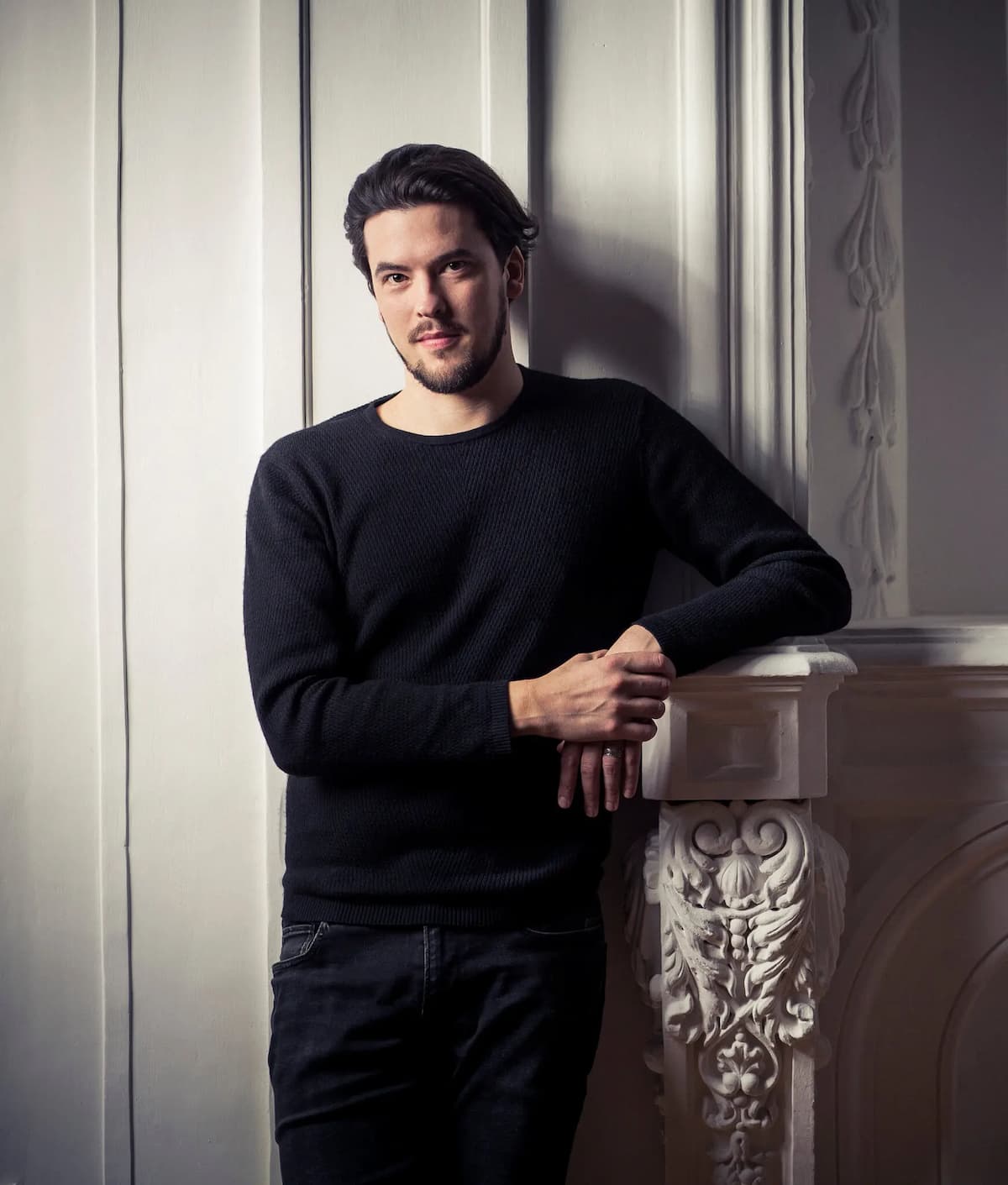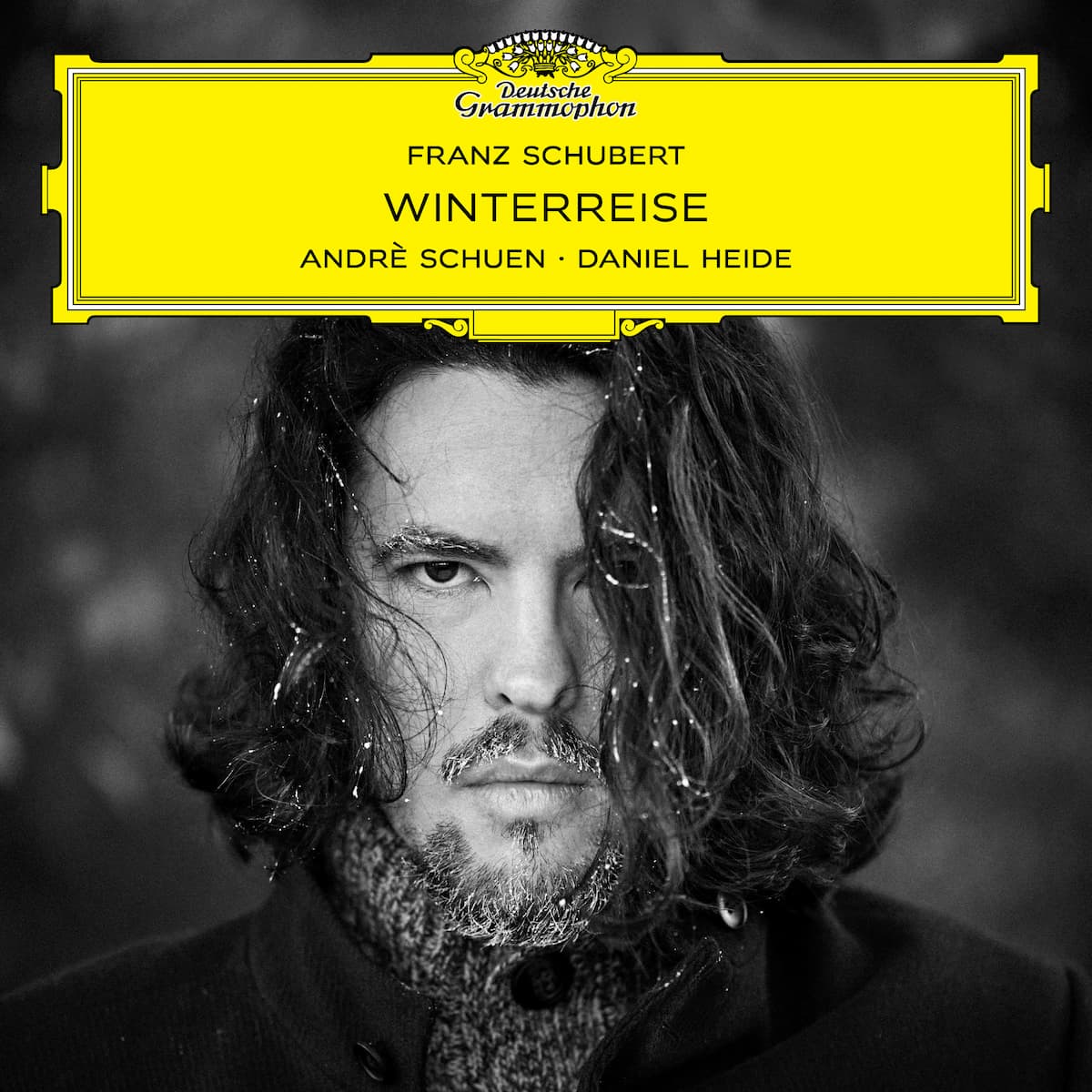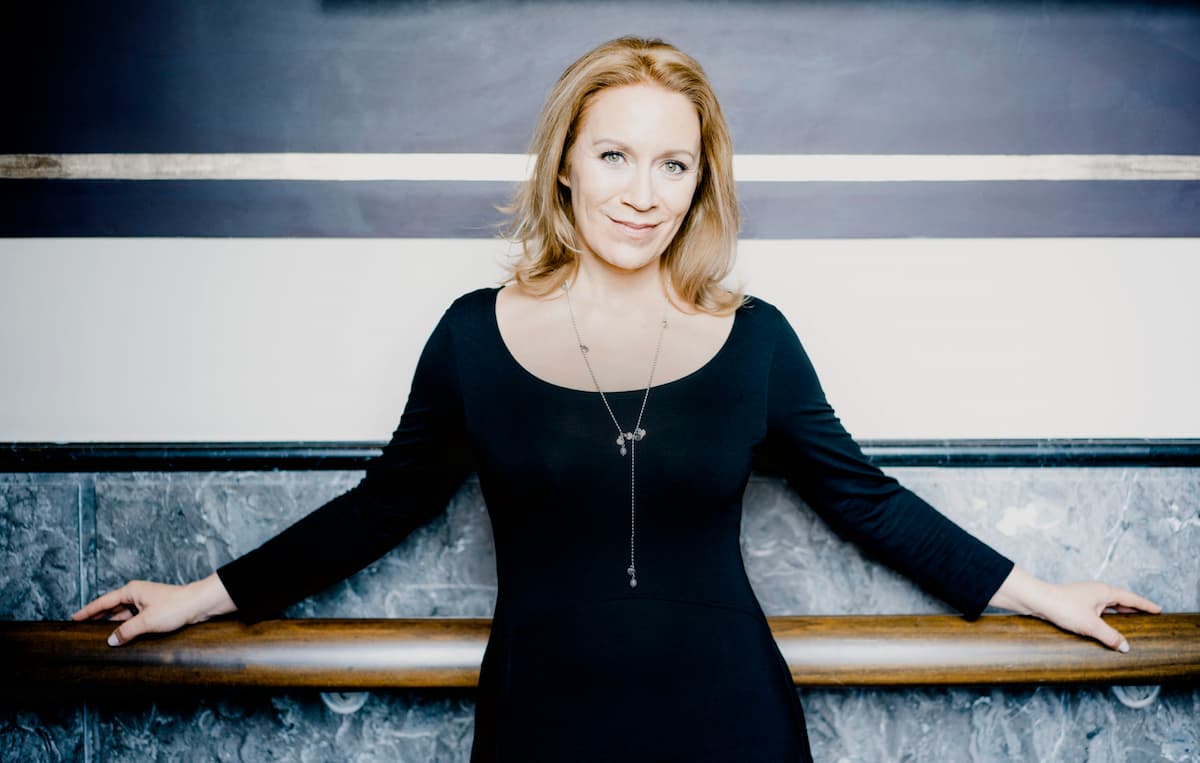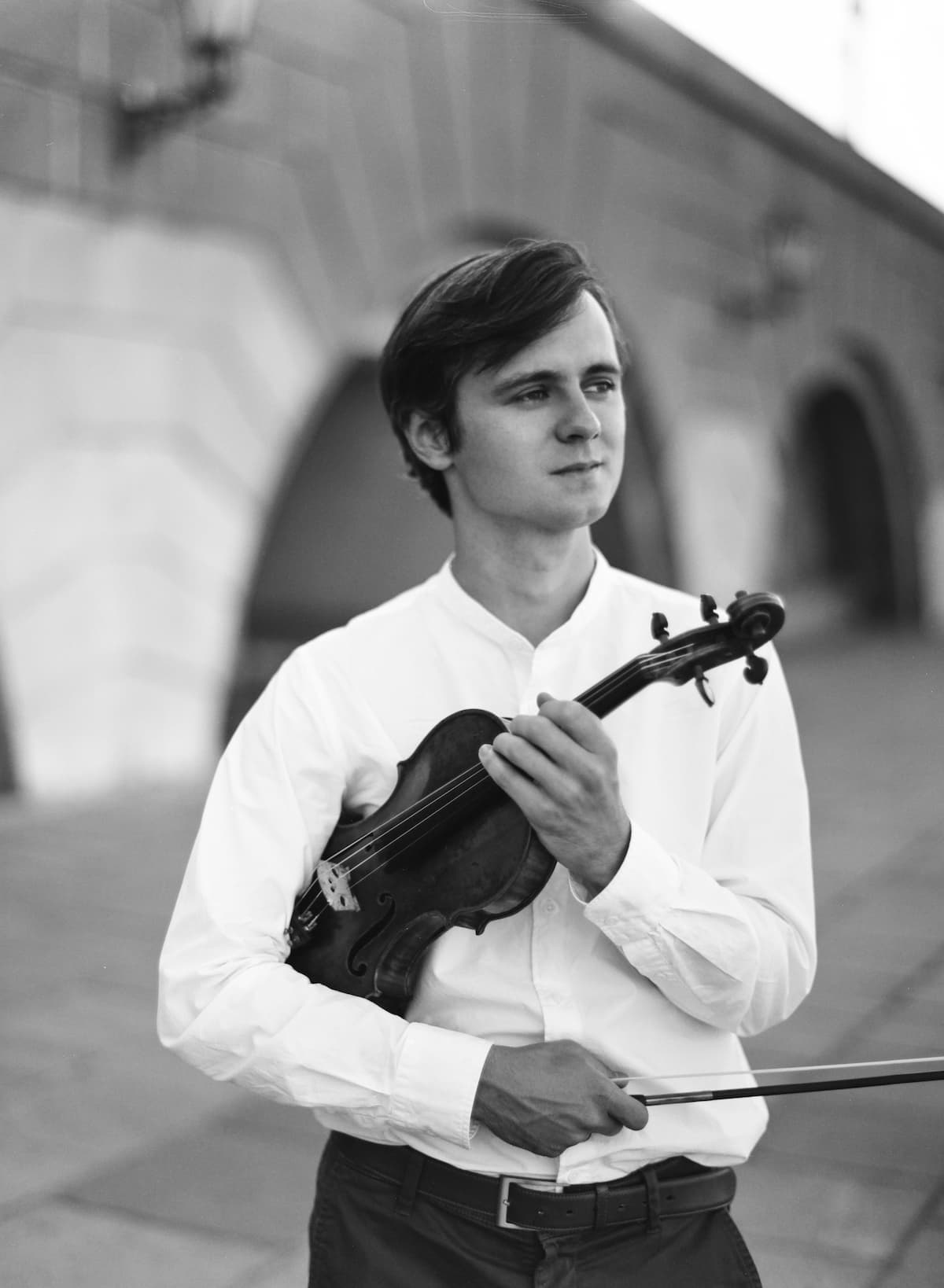“Subtle Colours and Responsibility to the Audience”

Andrè Schuen © Guido Werner
Baritone Andrè Schuen found his way to singing, in his own words, ‘quite late on’. Growing up playing the cello in his small hometown of La Val, nestled in Northern Italy at the juncture of languages and cultures from Italy, Switzerland and Austria, Andrè fell in love with singing at age 17 following the gift of a Schubert Lieder CD from his sister.
Festival de Granada 2022 – Andrè Schuen & Daniel Heide
Andrè went on to win a place to study at Salzburg’s prestigious Mozarteum, the first step on his journey to becoming a baritone now highly in demand on the opera stage and concert platform.
Since Leaving Salzburg Andrè has performed as an opera singer on the stages of the Bavarian State Opera, Vienna State Opera, Royal Opera House Covent Garden and the Teatro Real Madrid, along with his concert work taking him to, among others, the Lucerne Festival, Vienna Konzerthaus, Leipzig Gewandhaus and La Scala.
For Andrè the worlds of opera and Lied are deeply intertwined, each feeding and enriching the other. Alongside his opera work, Andrè is a keen recitalist: his recording of Schubert’s Winterreise with pianist Daniel Heide will be released on Deutsche Grammophon later this month.
How did you find your way to music?
I grew up in La Val, a part of Tyrol that belongs to Italy. That was already an important thing for my professional career because I grew up with three languages: Ladin, a Romance language spoken by a small minority, and then German and Italian, which of course feature a lot in the repertoire.
My family has always been a family where music was very important. We played a lot of music as a family: folk music, Tyrolian and Ladin songs. I played the cello, my two sisters played the violin, my father the traditional accordion, and my mother the guitar.
We also always had different kinds of music in the family: my sisters are both pop singers and the same for me – I sang pop and different styles of music. At some point, I realised that classical singing would probably be a good thing for me, or at least I thought classical music in general and singing was what I enjoyed the most, which I discovered quite late on.
I was already singing in choirs, but I started to actually train classically at the Mozarteum [in Salzburg], not before.
Was there a lightbulb moment where you fell in love with singing?

© Christoph Köstlin / Deutsche Grammophon
One of my sisters bought me an album of Schubert’s music, of his songs, because she realised that I liked to sing and that I especially liked classical music. I remember sitting at home at the piano for whole nights, just playing the piano and singing these songs and really discovering Schubert’s Lieder.
I think that was the moment when I realised that would be a path I would really enjoy taking. So I came through Schubert and the Lied to classical singing, not with opera. I discovered this when I was 17, right before I did my high school diploma.
And then everything happened quite fast: I auditioned at the Mozarteum, they could hear the potential, and then they gave me this opportunity to study there and everything just happened very naturally.
Studying Lied and opera happened very much in parallel in Salzburg. First I maybe sang a bit more Lied, but nowadays you can’t really have a career in just singing Lied, that wouldn’t really work, so it was clear that opera would need to be a part of my career.
I also immediately discovered my love for opera, so even now I could never decide to just sing Lied because I would miss the opera stage too much.
An encounter between Orpheus and Eurydice | Dutch National Opera
What are the differences for you between singing opera and concert works?
For me, I’m just really happy that I managed to split my work between opera and Lied (and concerts). That gives all different styles of music, and I think it’s also very healthy for the voice.
If, say, you have a period where you sing quite a lot of opera, sometimes – like in Madame Butterfly, for example – my role is not that dramatic but the orchestra is very big.
And then going back to a programme such as Brahms and Mahler gives the voice its flexibility back, because you need to find these really subtle colours and go back to work on passages of softness in the voice which maybe you can lose when singing just bigger opera repertoire the whole time.
I really enjoy doing the work on Lied and concert repertoire because I feel I am more self-responsible in Lied and concert. With opera, there are many people telling me what to do. In Lied it’s just me with my pianist, deciding how we want to interpret a Lied or a song cycle, and I think that’s also important in terms of personal and artistic growth.
You have more responsibility in front of the audience, and I enjoy that because then the ‘product’ I put on stage with my pianist is really ours: we are responsible for that product, and I really like that.
Even within the world of opera you sing many different roles. Is there still a relationship between Lied and opera even in bigger works, like the Wagner operas?

© Deutsche Grammophon
I sang Heerrufer in Lohengrin a few years ago, and last year I sang my first Wolfram in Tannhaüser. I will sing it again this year in Munich, and it’s a fantastic role.
Wagner roles, of course, are large, and you need power and strength in the voice, but there are a lot of moments of lyricism, and singing Lieder can really help you in these roles. Especially for the role of Wolfram, you sing a lot almost a cappella or just with the harp as accompaniment, so you can really show a lot of colours.
What do you do in your spare time?
I enjoy cooking very much, and having a good kitchen when I travel for work is important for me. When I’m singing opera it works quite well because I take an apartment and I try to get an apartment with a decent kitchen.
When I’m singing concerts it’s different of course because I’m in hotels and I need to find good restaurants – which for me doesn’t necessarily mean haute cuisine and really expensive food, it just means good food. I love good traditional food in any region.
Details of Andrè’s upcoming Winterreise release can be found here.
Andrè Schuen Sings Brahms’ Ein deutsches Requiem WDR
For more of the best in classical music, sign up for our E-Newsletter



